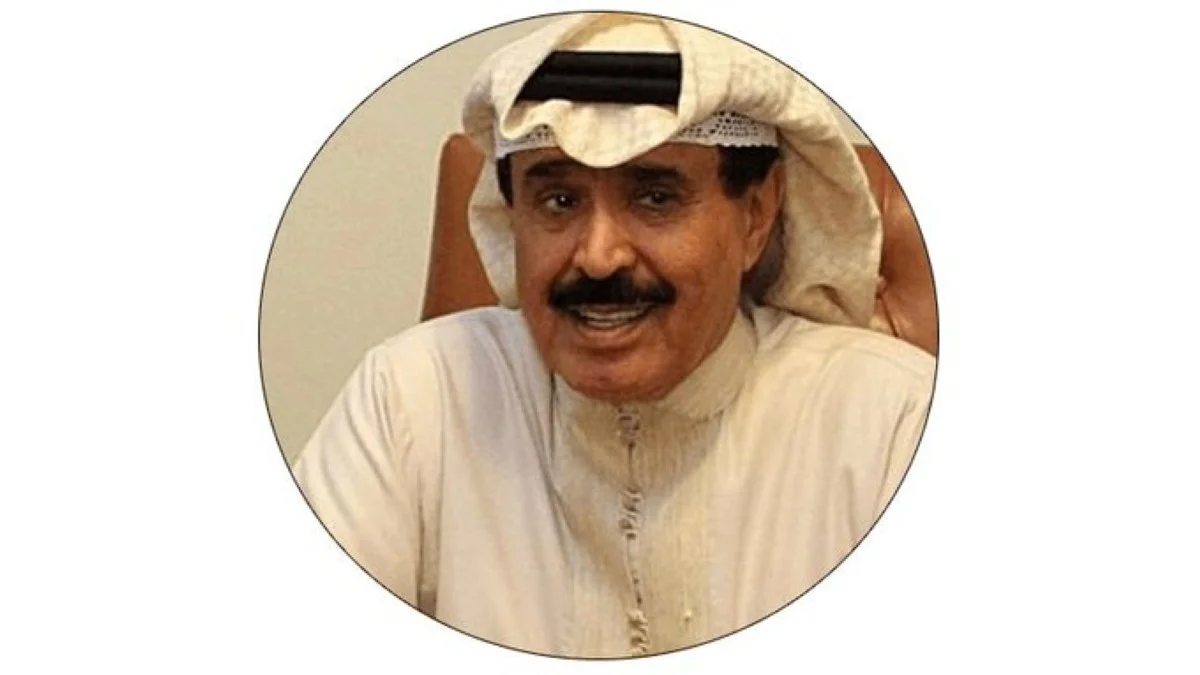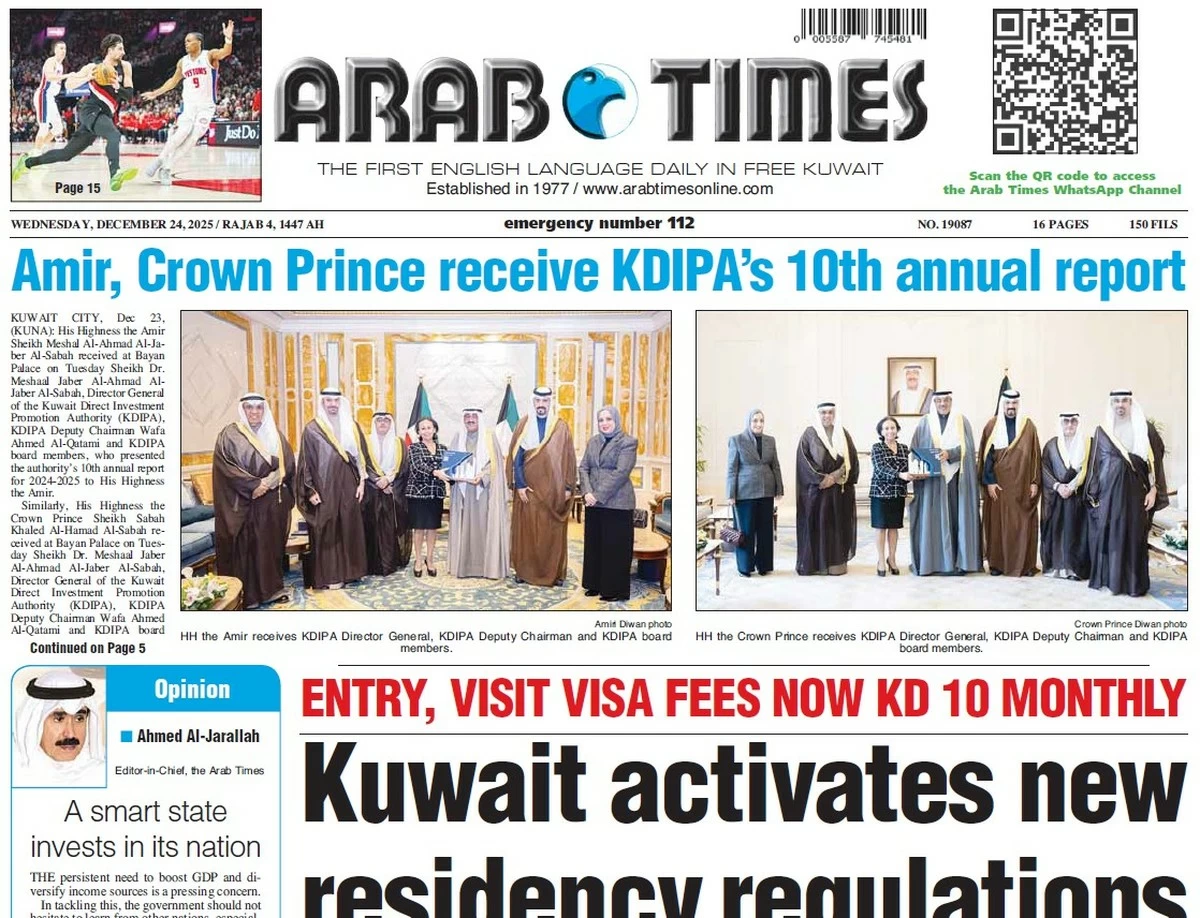11/11/2024
11/11/2024
NO ONE can dispute a state's sovereign authority over its land and people, whether in times of war or peace, its internal and external political strategies, the development and repeal of laws, and any other aspect of its sovereign affairs such as the granting, revocation, or withdrawal of nationality.
In this particular case, the state has the authority to correct the error by holding accountable not only the individual who committed fraud but also those who enabled it, should it be discovered that someone obtained nationality or residency through fraudulent means, forgery and other illegal actions.
This applies to individuals who have obtained dual nationality, which is a legal violation, by retaining their original citizenship while acquiring Kuwaiti nationality.
Since this is a crime involving multiple parties, the responsibility extends beyond just the fraudster.
People use a variety of methods to pursue their dreams, as is well known.
However, those who fall into the trap of unrealistic dreams are often those who believe they are above the law or that "wasta" (influence or connections) is more powerful than all other authorities.
As the saying goes, "The road to prison is paved with good intentions."
These individuals, driven by selfish motives, end up undermining the nation’s security and are willing to commit reckless acts for personal gain.
There is no dispute about the harmful consequences of such actions, but it is important to remember that practices such as shaming, defamation, gloating, and innuendo have no place in the ethics, customs, or traditions of the people of Kuwait.
There is much in this situation that suggests those who go to great lengths to expose others may be attempting to cover up a suspicious matter.
Historically, it is known that neither the Kuwaiti people, nor the honorable Al-Sabah family, or its senior sheikhs or leadership condone gloating, shaming, or holding others responsible, by association, for an individual’s crime. No one fully understands the circumstances that may have led a person to commit such a violation.
However, this is not a justification. The distinction between the perpetrator's actions and the act of shaming others, as well as the motives and circumstances surrounding them, lies in the hands of decision-makers and the individuals involved. In order to put an end to such gloating and shaming, things must be put in their proper place.
The question is: Who gave anyone the right to shame others?
Prophet Mohammad (PBUH) said, "Blessed is he who is preoccupied with his own flaws rather than those of others."
A poet wisely stated: "Do not mention the faults of others with your tongue, for you are all faults, and people have tongues."
In this regard, the role of the First Deputy Prime Minister, Minister of Defense, and Minister of Interior Sheikh Fahad Yousef Saud Al-Sabah is important.
Known for his commitment to humanity and fairness, Sheikh Fahad Al-Yousef works diligently for the welfare of all people in Kuwait. He consistently follows the directives of His Highness the Amir Sheikh Meshal Al-Ahmad, with precision, and always prioritizes the preservation of people's dignity.
We are not exaggerating when we say that Sheikh Fahad Al-Yousef instinctively understands, through his authentic Kuwaiti upbringing, the true meaning of preserving dignity.
Indeed, His Highness the First Deputy Prime Minister has the authority and the means to put an end to this shaming and gloating. There are those who seek to undermine others through innuendo, and falsely accuse innocent people simply because of personal disagreements that have no bearing on national identity.
It is important to note that such behavior, whether gloating or shaming, has nothing to do with the issue of nationality whatsoever.
By Ahmed Al-Jarallah
Editor-in-Chief, the Arab Times



